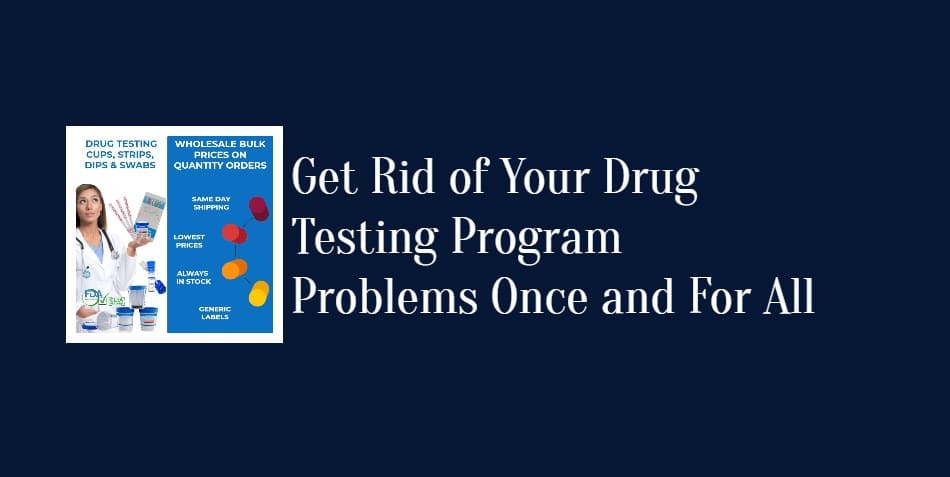Still on the fence on how to establish an effective drug testing program for your business?
Many business owners wonder how to create a drug testing program to maximize their employees’ productivity and safety in the workplace while minimizing absenteeism, errors, and insurance premiums.
What do you need to create such a program? How can you make a drug testing program that won’t turn out to be a long-term nightmare due to employee complaints and legal issues?
Below are a few tips to help you out.

Drug Testing Program: 6 Tips for Creating it Effectively
1. Know why your company needs it
Is your company offering transportation services? Then, you’re in a safety-sensitive industry. The Department of Transportation requires you to have a stricter drug testing program in place. It’s because people’s lives and properties are at stake. One bus driver who uses an illicit substance a few hours before his shift can endanger himself and his passengers.
It’s the same with construction businesses. You should have a drug-free workplace all the time. Imagine if two of your employees are high on illicit drugs. Say, amphetamines. These drugs are known to cause mood swings and heighten alertness.
What if the two employees disagree? And since they’re on a construction site, where they can quickly grab sharp tools, fatal consequences might occur.
2. Methods to use
There are different types of drug tests: urine, hair, saliva, blood, and sweat. Which will you use?
If you’re low on budget, urine drug testing cups or test strips might be your best option. They’re handy, cheap, 99% accurate, and easy to use, too.
If you don’t have enough space to build additional restrooms for drug testing, you can opt for saliva drug tests. You can test your employees in your office. They’re simple to use and affordable, too.
3. When to perform drug testing
Up to now, drug testing in the workplace is still a sensitive issue. Antis believe that it’s against human rights. Proponents say that it can ensure health and safety in the workplace.
Either way, you need to inform job applicants that your workplace does drug testing. And yes, your employees need to know, too, if you decide to create a drug testing program.
So when should you do a drug test?
- Pre-employment
- Random drug testing
- Post-accident or reasonable suspicion
- Follow-Up Testing
- Return-to-Duty (RTD)
4. Spread Awareness
Your employees might know that your company does drug testing before you hire them. But do they know when you do drug testing when you’ve already hired them?
Make them aware. Put “This is a drug-free workplace” posters in the dining area, lounge room, parking area, and even in restrooms.
Inform those who need to undergo random drug testing as soon as you can.
This way, your employees know that you are bent on keeping your workplace safe and healthy for everyone.
5. Educate your supervisors
Your top-level employees must be aware of the physical, behavioral, and psychological signs of substance abuse.
They must be quick to note employees that show:
- sudden mood swings
- changes in behavior
- bloodshot eyes
- slurred speech
- restlessness
- unexplained sweating
- angry outbursts
- withdrawal from others
- acting dazed with no reason
6. Consult a lawyer
A drug testing policy is a complex document. You and your organization can be held liable for every statement written there. Drug testing laws vary from state to state. Additionally, those laws get updated. Most of the time,. Updates and other relevant information are first shared within lawyer associations. This is why, when creating a drug testing program, it would be best to consult a lawyer.
Your company’s drug testing program should be well-written. It should comply with the standards set in your industry. At the same time, it should also consider your employees’ welfare.
Do you need affordable but top-quality drug testing cups, strips, or swabs? Visit the Ovus Medical Store. We have a wide array of drug testing supplies you can choose from.

